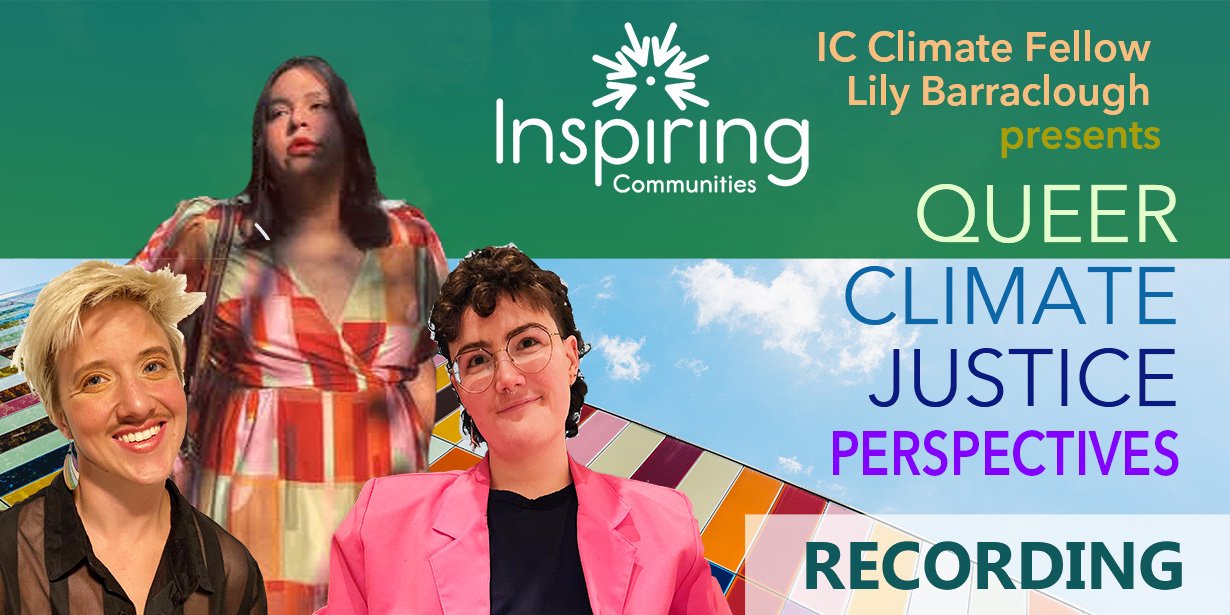Halifax Area Climate Change Empowerment
Planetary Technologies is on a mission to protect and restore the ocean and climate for generations to come through an ocean-based carbon removal technology. In advance of their planned CO2 removal project for Tufts Cove in September 2023, Planetary will be working with community engagement and content experts to effectively engage community groups, including fishing communities, Indigenous communities, and local conservation groups. The aim is to learn from these communities as Planetary rolls out this removal project so it can successfully address the needs of local stakeholders and rightsholders as its work scales up.
Grant award: $35,000
Planetary Technologies is fighting climate change by making use of the world’s largest carbon sink: the ocean.
A carbon sink is something that absorbs more carbon dioxide (CO2) than it releases. Carbon sinks help remove and store atmospheric carbon (CO2), like trees in a forest, in a process called carbon removal. The International Panel on Climate Change (IPCC) identified carbon removal as one of the actions required to meet our climate target of less than 1.5 degrees warming: “techniques to draw CO2 out of the atmosphere (known as carbon dioxide removal, or CDR) could contribute to limiting warming to 1.5°C” (IPCC).
Planetary is testing a carbon dioxide removal process called Ocean Alkalinity Enhancement (OAE). OAE involves the addition of a mild antacid to the ocean, which neutralizes acidic, atmospheric CO2 and stores it permanently in the water. Planetary acknowledges that introducing any substance to a marine environment can carry risks if not managed carefully so they are taking all potential risks seriously and have designed a process to minimize and monitor for risks through multiple field trials and extensive ocean monitoring.
With successful trials completed, Planetary began testing the social feasibility of OAE in Nova Scotian waters in 2023.
From the outset, they identified three main groups to engage in this process:
Indigenous communities,
Fishing communities, and
Local conservation groups.
With help from HCi3’s Accelerating to Zero grant, Planetary completed a rigorous community-outreach campaign with these groups from July 2023 to March 2024.
Planetary worked with local knowledge keepers to identify the key Mi’kmaq communities and organizations to engage with. Their initial outreach resulted in relatively few responses from their contacts, but they are planning to continue their efforts as they move the Dartmouth project forward, working with a number of new contacts they established at local organizations and universities.
For the fishing communities, Planetary first met with the Lobster Council of Canada, who offered support and suggested reaching out to various fisher associations and the federal government. Planetary also reached out to local fishers who are located near the project site, provided information on their website about the project’s potential impacts to the fishing community, and met with members of the Department of Fisheries and Aquaculture.
In addition to these two targeted groups, Planetary also engaged the general public and environmental advocates. They connected with their academic partners at Dalhousie, COVE, OFI, and local ocean technology companies. They also connected and worked with the HalifACT team at HRM; various local media partners; local elementary to high school youth; and presented at the Nova Scotia Institute of Science.
These engagement activities resulted in the Halifax Project page, and a plan to continue engagements with the community. The results of these engagements and the 2023 trial will be released in an Impact Reports. Planetary is continuing their community outreach in hopes to work with the community to determine the next steps of the project.
Planetary believes in their mission as a key component to fighting the climate crisis, and is dedicated to including impacted communities in their work. “The really important piece is that we want to be able to hear back from the community. We want to be able to work with them think there’s a lot of potential for mutual benefits here,” said Kelsey Cuddihy, VP Internal at Planetary Technologies.
Stay up to date on Planetary’s work, and their upcoming project results! Visit their website and social media for more information, or to reach out if you want to get involved in their work.




